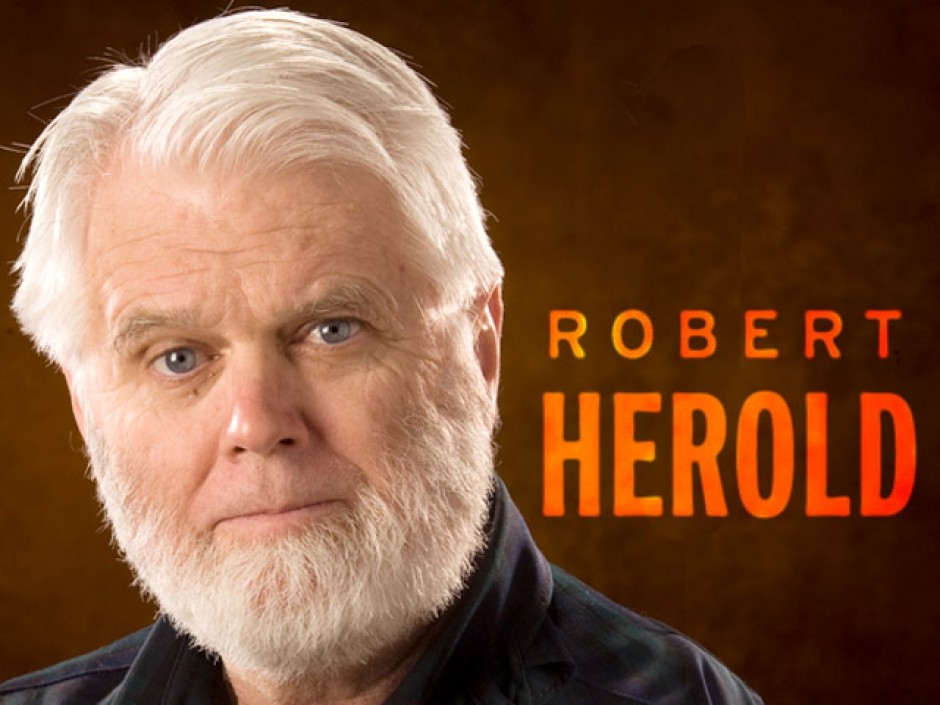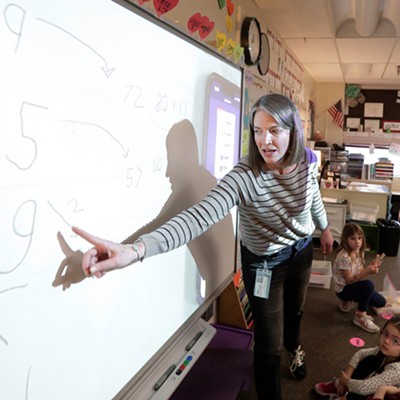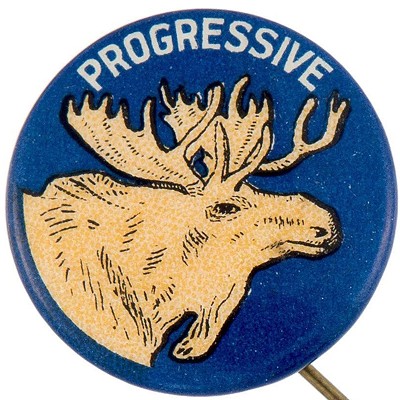I’m old enough to have seen this movie before. Twice, actually. I refer to the most recent assault on the liberal arts.
The day after Sputnik was launched in 1957, the entire country panicked. The Ruskies are coming, and we don’t have enough engineers to stop them! Money shifted. The applied sciences were in. The liberal arts were out.
Then came Reagan. He reintroduced the notion that “the business of America is business.” Almost overnight, business education enrollments spiked (adding again to our science and math problem). The MBA, a once-benign professional degree, took off. Accounting, a licensed profession, would share center stage with marketing (how to sell more Toasties), public relations (how to make people think they need to smoke), finance (how to do deals) and management (how to do whatever it is you do).
These subjects became more valued than Aristotle, Shakespeare, Austen, Smith, Madison, de Tocqueville, Shostakovich — more valued, even, than serious organizational theorists. I once polled an undergraduate management class. My question: Have you read Chester Barnard’s The Functions of the Executive, a classic that I assumed would be required reading. Nope, nary a Barnard reader in the room. But Stephen Covey, the lightweight management guru? All hands went up.
And now I have come to the third act of the same movie.
This most recent assault on the liberal arts began with “No Child Left
Behind,” which led to the “accountability” frenzy that eventually made
its way into the universities and, today, marches under the politically
correct banner of “assessment.” The notion of assessment is to academic
excellence what the body count was to the Vietnam War. Both rely on
quantification. Both distort. Worse yet, along the way the liberal arts
are forced to try to be what they aren’t — measurably useful.
Timothy Egan, in a recent New York Times column, wrote about the lost generation, the so-called Millennial Generation. We can debate the various theories that presume to explain this generation — nice, young people, neo-liberal in outlook, computer-literate, given to achievement measured by test scores and jobs. (And therein lies the problem, according to Egan: “For all the efforts to raise hyper-achievers, we didn’t teach enough of a basic survival skill — to find joy in simple things not connected to a grade, a trophy or a job.”)
Without getting into this question any deeper, one thing is clear: Most millennials can’t find work, let alone an entry-level career position. Those who have work typically are underemployed. Upwards of a third have moved home following graduation. And then there’s that drag of student loan debt. Egan writes about an honors English lit B.A. from Stanford who is now working as a nanny. Then there’s a poli-sci B.A. from Michigan who is stocking shelves at Amazon.
His column drew a number of comments. One, in particular, summed up the prevailing attitude: “Your Commentary says it all — a Stanford graduate in English literature (with honors no less!) and a Michigan grad in political science. Precisely which job skills can they offer an employer with those kinds of majors?”
Colleges are jumping through hoops right now, trying to
construct a response to this very job-skills charge, using ammunition
like “critical thinking” and “writing proficiency.” But for those who
value the liberal arts, we need to shift our attention away from job
training. There’s much more at stake.
My Gonzaga University colleague Blaine Garvin, a very wise man, recently wrote: “More important than career preparation, our aim is to instill political virtue in our students.”
Call it citizenship training if you will, but Professor Garvin is right, if for no other reason than everyone is called upon to vote. I cannot improve on H.L. Menken’s assessment: “Democracy is a pathetic belief in the collective wisdom of individual ignorance.”
So the quest for political virtue emerges from the study of history and the arts. The study of history and the arts feeds back into the study of politics and government. Taken together, we refer to this as the “liberal arts,” which provides us with a three-dimensional panoramic view of who we are, what we are, and where we are. We call this “knowledge,” which almost always has practical application. Many find true knowledge in the liberal arts more readily than in other fields of study.
The developer Jim Frank of Greenstone recently spoke to my upper-division class. He discussed his academic background — two degrees from Gonzaga, chemical engineering and law. He then paused, and said, “But most important wasn’t my engineering degree, nor my law degree, but rather my minor in philosophy.”
Former Washington Trust Bank executive Walker Collins, who personifies “Type A Male,” once told me he made a deal with his kids: Major in English literature and he would pay the bills; any other major, they would need to negotiate.
Frank and Collins are very practical men — both employers, too. Yet they value the liberal arts. They understand why it is that thought should precede technique, why creativity should drive application and why it’s in everyone’s best interests to find a role for our liberally educated millennials.























